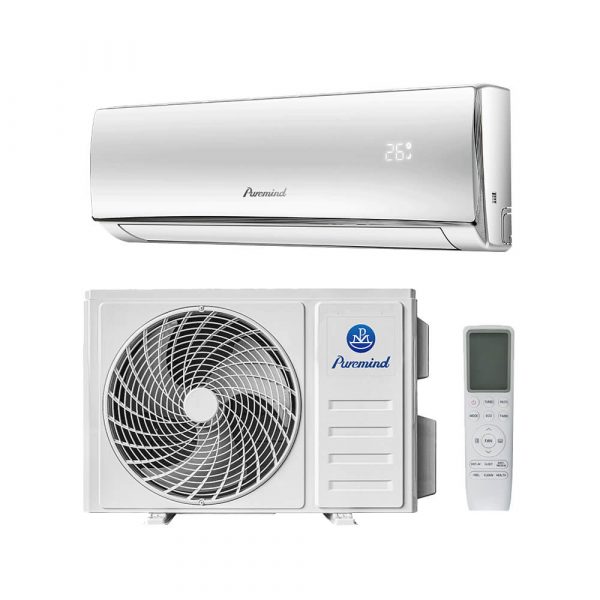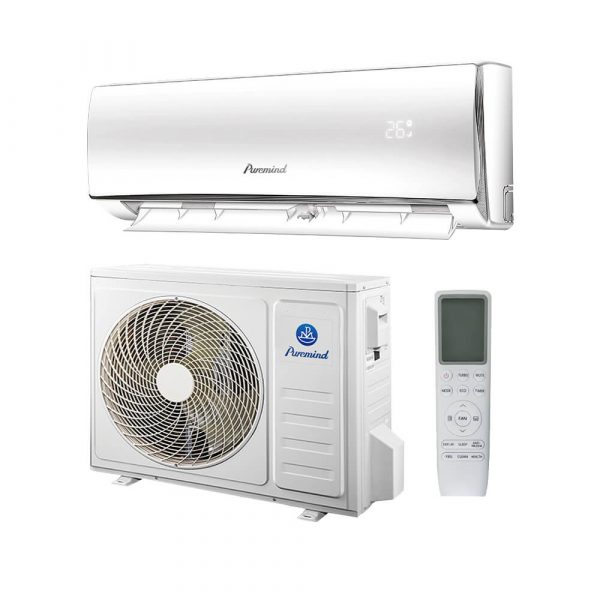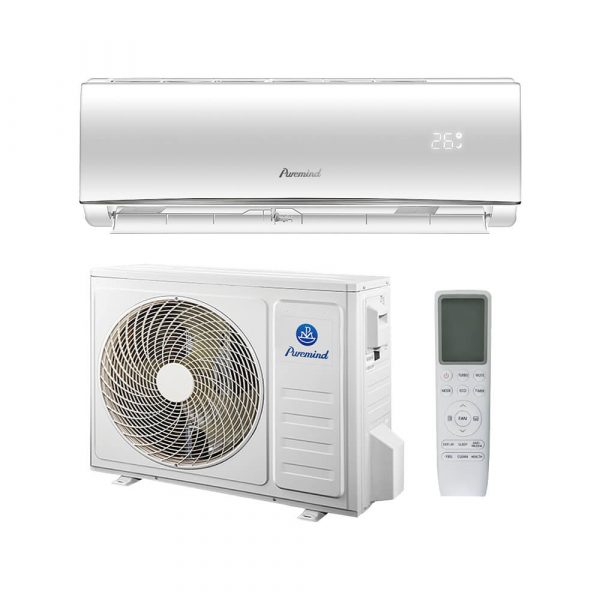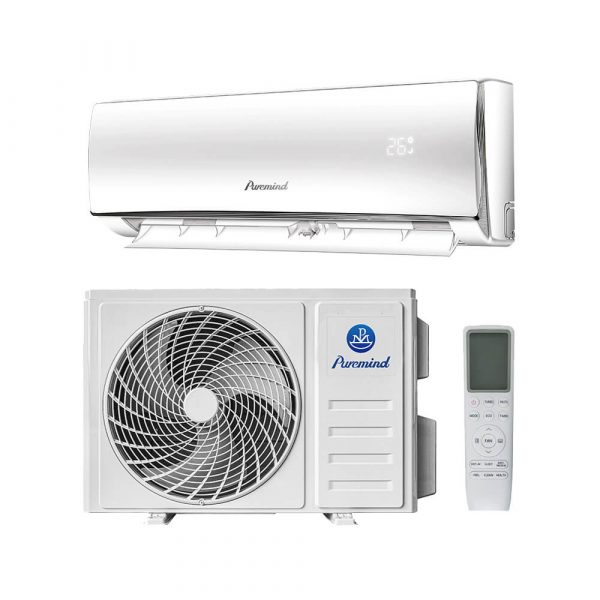Temperature Split Air Conditioner: 2025 Complete Guide
The temperature split air conditioner is one of the most popular and efficient cooling and heating solutions for residential, commercial, and industrial applications. Designed to provide precise temperature control, energy efficiency, and quiet operation, these systems have become a preferred choice for wholesalers, suppliers, and distributors in the HVAC market. In this guide, we will explore how temperature split air conditioners work, their advantages, applications, and industry trends in 2025.
What is a Temperature Split Air Conditioner?
A temperature split air conditioner is a two-unit HVAC system consisting of an indoor unit and an outdoor unit. The indoor unit circulates conditioned air inside the building, while the outdoor unit releases heat to the outside environment. These systems can operate in both cooling and heating modes (heat pump models), making them versatile for year-round comfort.
How Temperature Split Air Conditioners Work
These systems function by transferring heat between the indoor and outdoor units through a refrigerant cycle. The key components include:
- Compressor: Located in the outdoor unit, it compresses refrigerant to enable heat exchange.
- Evaporator Coil: In the indoor unit, it absorbs heat from the indoor air during cooling mode.
- Condenser Coil: Releases absorbed heat outside in cooling mode or absorbs heat from outside in heating mode.
- Expansion Valve: Regulates refrigerant flow to control temperature split.
Advantages of Temperature Split Air Conditioners
- Energy Efficiency: Many models feature inverter technology, reducing power consumption.
- Quiet Operation: Low indoor noise levels make them ideal for offices and bedrooms.
- Flexible Installation: Suitable for single rooms or multi-zone configurations.
- Precise Temperature Control: Maintains consistent indoor comfort regardless of outdoor conditions.
- Year-Round Use: Capable of both cooling and heating.
Key Features in 2025 Models
The latest temperature split air conditioner models include features such as:
- Wi-Fi connectivity for remote control via smartphone apps.
- Eco-friendly refrigerants like R-32 with lower Global Warming Potential (GWP).
- Advanced air filtration systems to improve indoor air quality.
- Smart sensors that adjust output based on room occupancy.
Top Brands Offering Temperature Split Air Conditioners
1. Daikin
Known for its innovation in energy efficiency and durability, Daikin offers split systems with intelligent climate control and eco-friendly refrigerants.
2. Mitsubishi Electric
Mitsubishi Electric’s split ACs provide quiet, efficient, and precise temperature management, making them popular in residential and commercial settings.
3. LG Electronics
LG’s models feature dual inverter compressors, ensuring quick cooling, reduced noise, and longer lifespan.
4. Gree Electric
Gree offers competitively priced systems with advanced features such as self-cleaning coils and smart temperature monitoring.
5. Carrier
Carrier’s split systems are designed for high performance and energy savings, with integrated humidity control.
Applications of Temperature Split Air Conditioners
- Residential: Bedrooms, living rooms, and home offices.
- Commercial: Retail stores, offices, and restaurants.
- Industrial: Control rooms and equipment cooling.
- Hospitality: Hotels and resorts.
Energy Efficiency and Sustainability
Energy efficiency is a major driver in the adoption of temperature split air conditioner systems. Many countries now require minimum Seasonal Energy Efficiency Ratio (SEER) ratings, pushing manufacturers to innovate with inverter compressors and variable speed fans.
Maintenance Tips
To ensure optimal performance, regular maintenance is essential:
- Clean or replace air filters every 1–3 months.
- Check refrigerant levels annually.
- Inspect and clean indoor and outdoor coils.
- Schedule professional servicing at least once a year.
Choosing the Right System
When selecting a temperature split air conditioner, consider:
- Room size and cooling/heating capacity (measured in BTU).
- Energy efficiency rating (SEER/EER).
- Brand reputation and warranty terms.
- Installation requirements and available space.
Where to Buy
If you are looking for reliable, high-quality split systems for your business or clients, explore our range of split air conditioners designed for commercial and residential applications.
Authoritative Resources
For more details on HVAC standards and energy efficiency, visit ASHRAE, the global authority on HVAC design and sustainability.
Conclusion
The temperature split air conditioner remains a top choice in 2025 for energy-efficient, versatile, and comfortable climate control. With advancements in smart technology, eco-friendly refrigerants, and performance optimization, these systems are set to dominate the HVAC market for years to come. For wholesalers, suppliers, and distributors, understanding these features is key to meeting customer demands and staying ahead in a competitive industry.







